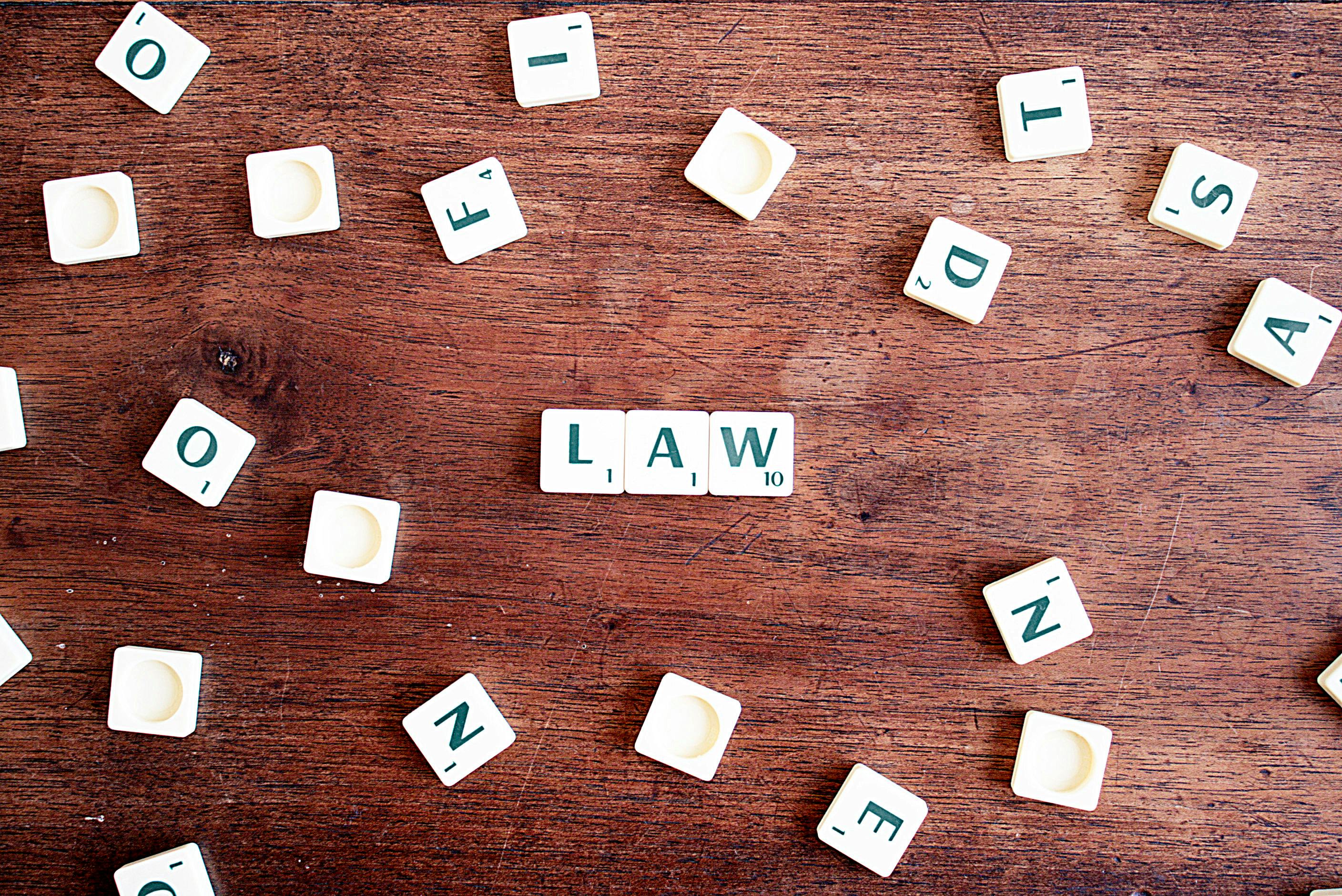
In today’s world, AI writing is becoming more and more sophisticated. These tools can generate such high-quality and original copies, and even humans or special computer programs cannot distinguish whether it is work by humans or by the machine. We all know that original works are protected by copyrights, and you cannot use them without permission. So, the question is, can AI-generated content be copyrighted, and who would own these rights?
If you think the answer is not complicated, you are wrong. Even the laws about AI are confusing. Copyrighted work should match these criteria:
-
Originality. It means the creation has to be creative and novel;
-
Physical form (directly or indirectly);
-
Authorship, which is strictly described.
In short, copyright is designed to protect the original works created by the authors – and authors can only be humans. Examples are literature, music, or art. AI writing tools are not humans, so a logical conclusion is that AI-generated copies cannot be copyrighted. And no matter that humans need to input information for the machine to work.
This can be explained in such a way: AI does not plagiarize other authors’ works. Instead, by using machine learning they can mimic those works and create similar ones. A human is not responsible for the result, and he or she cannot influence AI writing’s outputs. And, as we said, machines are not authors.
However, there are some nuances. If a human writes a copy in collaboration with AI tools, and it is possible to distinguish between AI-generated content and human parts, the latter can be copyrighted. But, in most cases, this is impossible as AI tools are used for brainstorming and others. And there is one more problem – AI learns from the works created by other humans (in other words, their intellectual property).
In addition, AI writing does not work by itself – these tools need to be developed and constantly trained by humans. So, one possibility is that these developers would own copyrights, even if it means changing the laws.
Current laws and copyrights, however, do not protect AI-generated content and AI writing tools’ creators. So, another possible solution is to create intellectual property laws specially designed for AI-generated content. What you should do if you want to use AI-generated copies as ethically as possible? Well, for now, you can label it as AI-generated or created in collaboration with AI tools.

